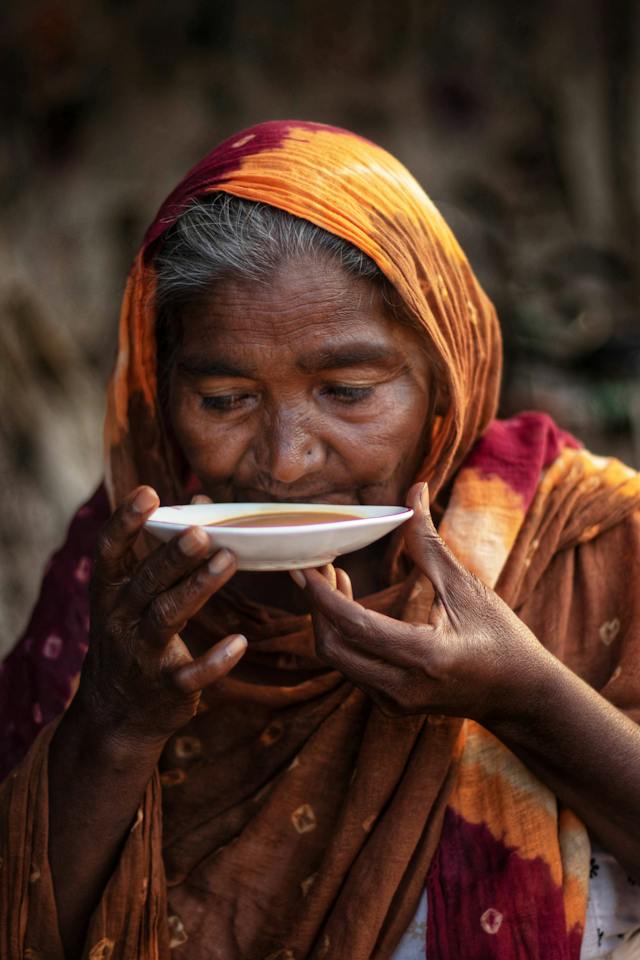Social customs and cultural etiquettes are pretty interesting phenomena. Usually, we only notice them we travel to a faraway, distant land, where everything is different to the point of being unusual for us. We notice that people walk, talk and act differently and that expectations of manners and greetings vary.
It’s important to understand that culture is not static. It changes depending on the times, environment and people whom you are with. This article isn’t intending to generalise or stereotype. Etiquette also depends on context. For example, in casino you might be expected to dress in a certain way which is totally different from your regular attire when meeting friends for casual drinks. You may find that one social circle has traditional values and another dismisses old etiquettes in favour of a casual ‘do what you want’ attitude. It all depends.
Having said that, the world does have epic cultural differences to explore. Take, for example, the simple act of greeting a stranger. In some countries (like my home country of England), a frigid handshake is usually the norm. Friends might be greeted with a warm hug. In Latin America, closeness in the body is not unusual. In romance cultures, kissing on the cheek is common.
France has perhaps the most complex kissing culture. In some regions you kiss four times, in others only two. There are different rules for men and women. At parties it is normal to greet everyone there with kisses. In some regions, a gentle ‘puckering’ sound is expected as part of the greeting.
Eating is another activity that you might think is simple enough when you are doing it in your own country, but in other countries it can get confusing. In some countries, like Germany and Chile, you should use a knife and fork for pretty much everything—even pizza and chips. In other regions, like the Middle East, communal eating with one’s hands out of one dish is common. In the Middle East, India and Africa, among other countries, the left hand is traditionally used for wiping, leaving the right hand to be used for transactions, greeting and (especially) eating.
In many Western counties, it’s rude to make a lot of noise while you eat. Yet in Japan, China and other Asian countries, it is considered polite to slurp your food. It can be a compliment to the chef while eating noodles and is even thought to improve the taste. Burping will get you dirty looks in a lot of places, but in Turkey and Saudi Arabia a belch is a sign that you have enjoyed your meal.
In some European countries, it is common for the man to pay the bill after eating at a restaurant. When out with friends, people often share the costs or buy rounds. Yet, in Ghana, whoever invites people out is expected to pay for all of the drinks. Tipping also varies across countries and cultures. In the USA, tips of 10-20% are almost always expected for waiters and waitresses, bartenders and delivery drivers. In Japan, tips are considered rude!
In Denmark, you should always be on time when you go out to meet people, but in Pakistan you should arrive 15 minutes (or so) late to a meal, and up to an hour late for a party. In Venezuela, they take ‘fashionably late’ to the next level and consider being early to be too eager or greedy.
Even body parts are valued differently according to where you are in the world. In a lot of Eastern and Middle Eastern counties, the feet are considered the lowest part of the body, and it is rude to show the soles of your shoes to anybody. In Vietnam, it would be unwise to touch the top of someone’s head or their shoulders or to pass objects over people’s heads.
It’s all fascinating stuff. Wherever you visit in the world, try to be aware of some of the cultural etiquette, at least for eating and greeting. You won’t pick it all up if you’re not a native, but it’s fun to observe locals, learn their ways, and even to make funny mistakes every now and then.

